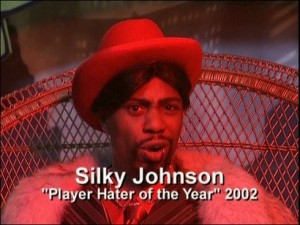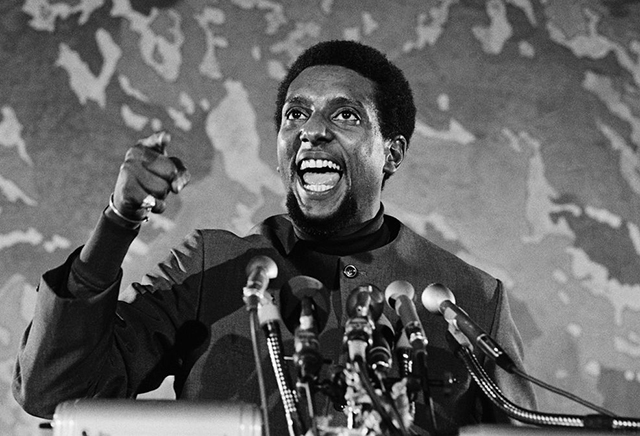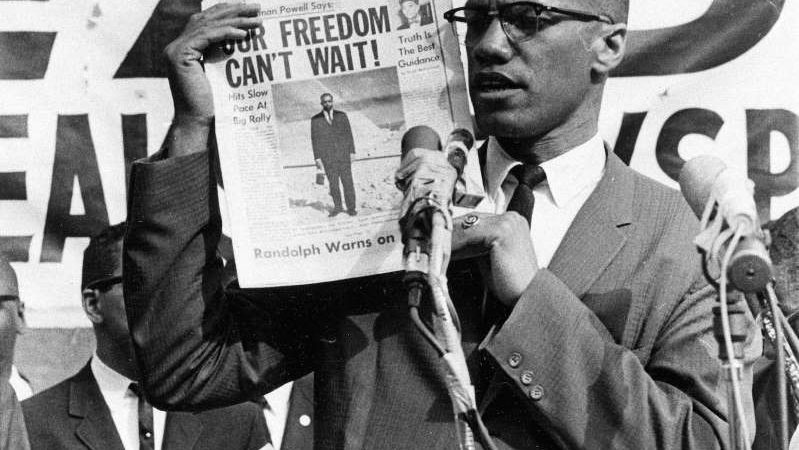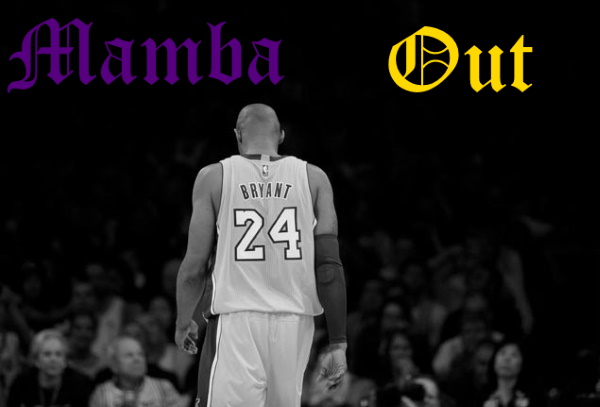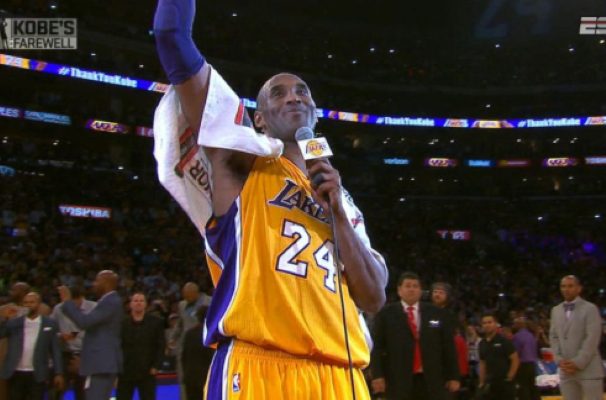The Bay Area is known for contributing numerous slang and concepts to the Hip-Hop lexicon. Perhaps the most enduring is the “player hater.” The term describes one who is so jealous of another’s success that they refuse to congratulate or acknowledge that success, even going so far as to try to halt it. He hates what he can’t be, and tears down what he himself could never hope to achieve. In the last decade and a half, the hater has slowly made his way to Hip-Hop’s center stage. The problem is that haters have become so prevalent that their influence has robbed both Hip-Hop and Hip-Hop journalism of any perspective or potency.
New York City began to lose its vice grip on Hip-Hop culture, as rap stars began to emerge from other regions. As the early 90’s got underway, New York was no longer the focal point of the Hip-Hop world. Despite this, preeminent publications of the day often ignored anything outside of the five boroughs. East Coast bias ensured that New York rappers soaked up the lion’s share of favorable coverage. This phenomenon persisted into the 2000’s, leaving a bitter taste in the mouths of artists and fans outside of the Northeast. Reverence became resentment, and this bias was soon characterized as a manifestation of both arrogance and jealousy.
Though the concept of player hating existed long before regionalism in Hip-Hop, that regionalism gave the concept new life. “Player Hater” became the perfect term to characterize the often nonsensical resistance that rappers from the West and the South were initially met with. Even East Coast rappers such as Diddy and Ma$e began to use the phrase to thumb their nose at critics. The Hip-Hop media machine began to realize that in order to maintain relevance it had to reflect changing tastes, if only superficially. It was an effective strategy.
In the last decade, fallout from this mentality has begun to set in. Hip-Hop has always been self-critical by nature. However, the campaign against “haters” of all stripes has become as misguided as the “stop snitching” movement. It has become a thinly veiled way to dodge any and all criticism. It’s also created a climate where monetary success and popularity are the only things worth acknowledging. Any analysis regarding Hip-Hop is now regarded as snobbery. Why bother looking so deeply into something that is only a business anyway? Eating is more important than artistic integrity.
Fans of popular artists have positioned themselves as force-fields around their idols. Whenever someone makes an unfavorable observation, these fans become policemen at the scene of an accident: “Move on, nothing to see here,” encouraging a head-in-the-sand mentality, where “haters” are required to ignore anything not to their liking. Approval and indifference are allowed, while disapproval is a capital offense. They call themselves toppling an old and ineffective regime, when in fact they have all the makings of a malevolent dictatorship.
Hip-Hop journalism is now nothing more than glorified fan service. Major publications no longer have a real voice or perspective to speak of. Everyone is afraid to appear old and bitter. Many websites have altered their strategies and don’t even offer album reviews. This attitude now pervades the culture itself. No one seems to have a real opinion on anything, and rappers end up adopting trends they don’t truly believe in so they can avoid the “hater” tag. One of the most potent social movements in the history of America has now lost its edge, because everyone is so careful not to offend. Any culture that adopts political correctness as a virtue is sociologically useless.
Follow Malice Intended on Twitter @ http://twitter.com/renaissance1977
Follow Us on Twitter @ http://twitter.com/planetill
Join Us on the Planet Ill Facebook Group for more discussion

